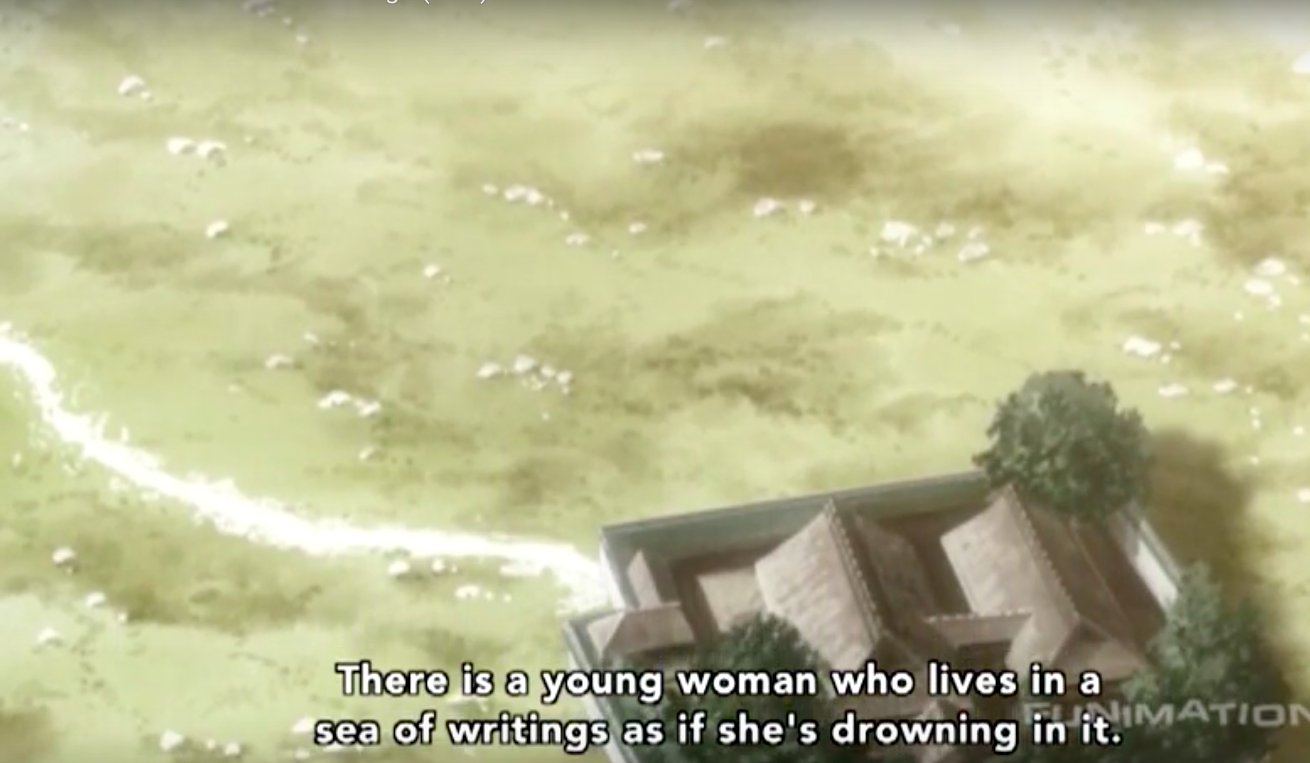Last week I was interviewed for a podcast. The host started by asking me what questions drive my research. I think I fumbled the response.
Right now I’m reading Florian Jaton’s new book The Constitution of Algorithms (full text here). Chapter III historicizes the development of the brain-computer metaphor. In his words, it was sedimented in the public consciousness through a “cascade of reductions” dating to the postwar era of technoscience:
As soon as one inquires sociohistorically into the process by which brains and computers have been put into equivalence, one sees that the foundations of the argument are shaky; a cascade of reductions, as well as their distribution, surreptitiously ended up presenting the computer as an image of the brain. Historically, it was first the reduction of the Turing machine as an expression of mental processes, then the reduction of neurons as on/off entities, then the reduction of the EDVAC as an input-output device controlled by a central organ, then the distribution of this view through academic networks and commercial arrangements that allowed computers to be considered as deriving from the brain. It is the collusion of all of these translations (Latour 2005), along with many others, that made computers appear as the consequences of the brain’s structure. (123)
And further down the page:
In short, similarly to von Neumann’s view on the EDVAC but with far less engineering applications, the brain as conceived by the computational metaphor of the mind selects the appropriate mental program from the infinite library of all possible programs. (123, bolded font originally in italics)
Jaton’s identification of “selection” as the key function of “thinking machines” (biological brains or digital computers) reminds me of this, from Byung-Chul Han’s Psychopolitics: Neoliberalism and New Technologies of Power:
Intelligence means choosing-between (inter-legere). It is not entirely free in so far as it is caught in a between, which depends on the system in operation. Intelligence has no access to outside, because it makes a choice between options in a system. Therefore, intelligence does not really exercise free choice: it can only select among the offerings the system affords. Intelligence follows the logic of a system. It is system-immanent. A given system defines a given intelligence. Accordingly, intelligence has no access to what is wholly Other. It inhabits a horizontal plane. (85)
What questions drive my research? These excerpts describe a sort of technological determinism which impacts not just the way we conceive mentality, but (as Han argues) the way we actually think and feel.
How do we break from cybernetic control to communicate with the new? What are the political stakes of our bondage to selection-from or choosing-among as the only available modes of constituting worlds? You can trace this “intelligence” through Mark Fisher’s writings on hauntology and capitalist realism; critiques of remix/retro culture; anyone who grieves a lost future.
Han uses the word “idiot” to describe the one who outside of this hermetic epistemology. Continuing his quote:
“the idiot has contact with the vertical dimension inasmuch as he takes leave of the prevailing system — that is, abandons intelligence.” (85)
The idiot might be the artist, at least according to my ideal of artistic consciousness and practice. Not the scientist or the philosopher. Art blows my mind more than ideas.
***



